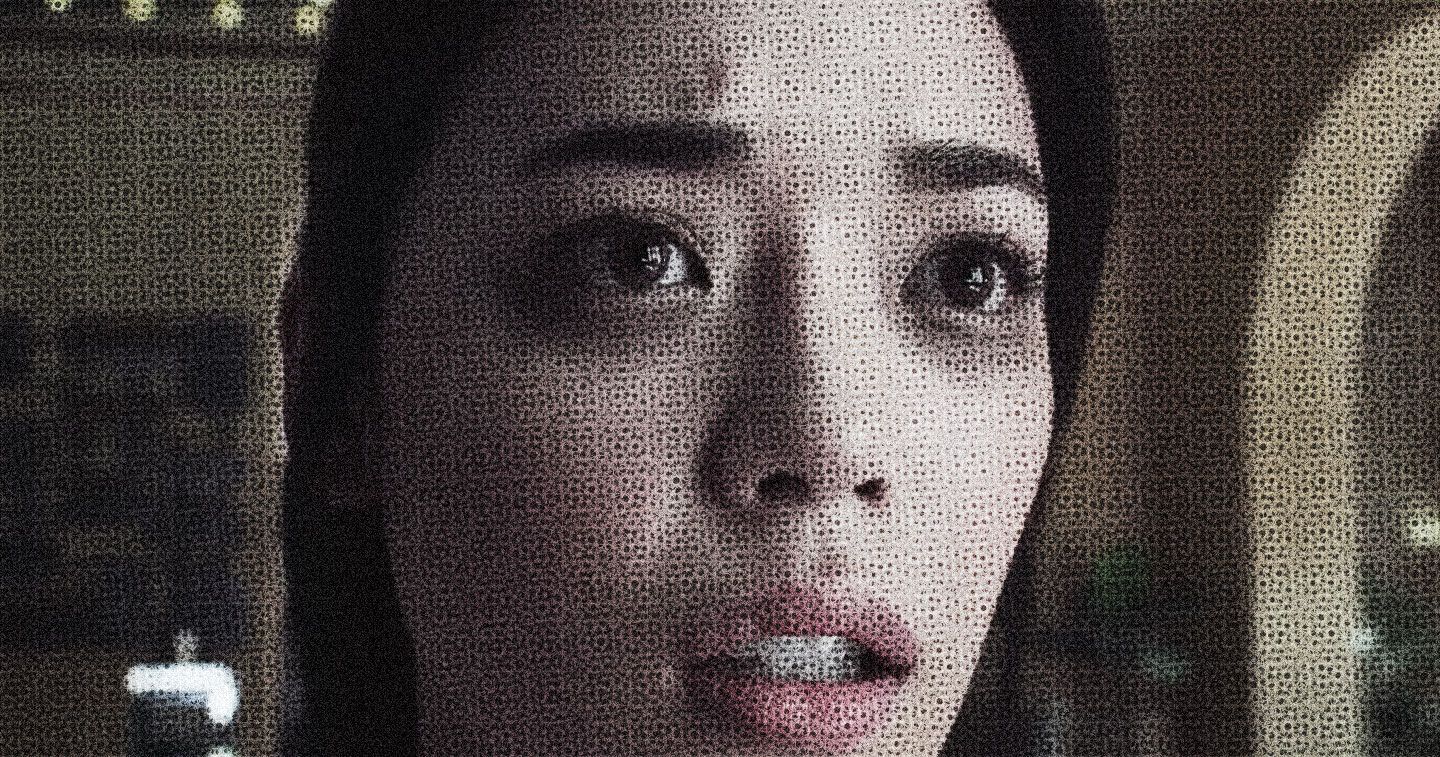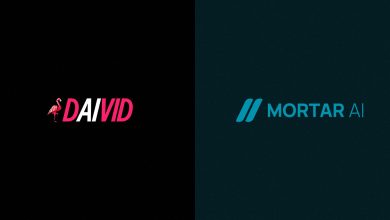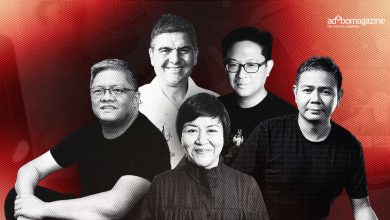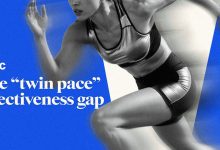MANILA, PHILIPPINES — The COVID-19 pandemic has proven itself to be incredibly tough for everyone. With its effects on the economy and society, achieving holistic wellness continues to be a struggle to this day.
As this global crisis remains present, brands reach out to their customers in the hopes of aiding them despite the many challenges they face. But, how far should they go?
On the morning of August 10th, the Belo Medical Group released a digital ad titled “#PandemicEffect”—which featured a woman whose physical appearance changes drastically as she gets bombarded by distressing news headlines.
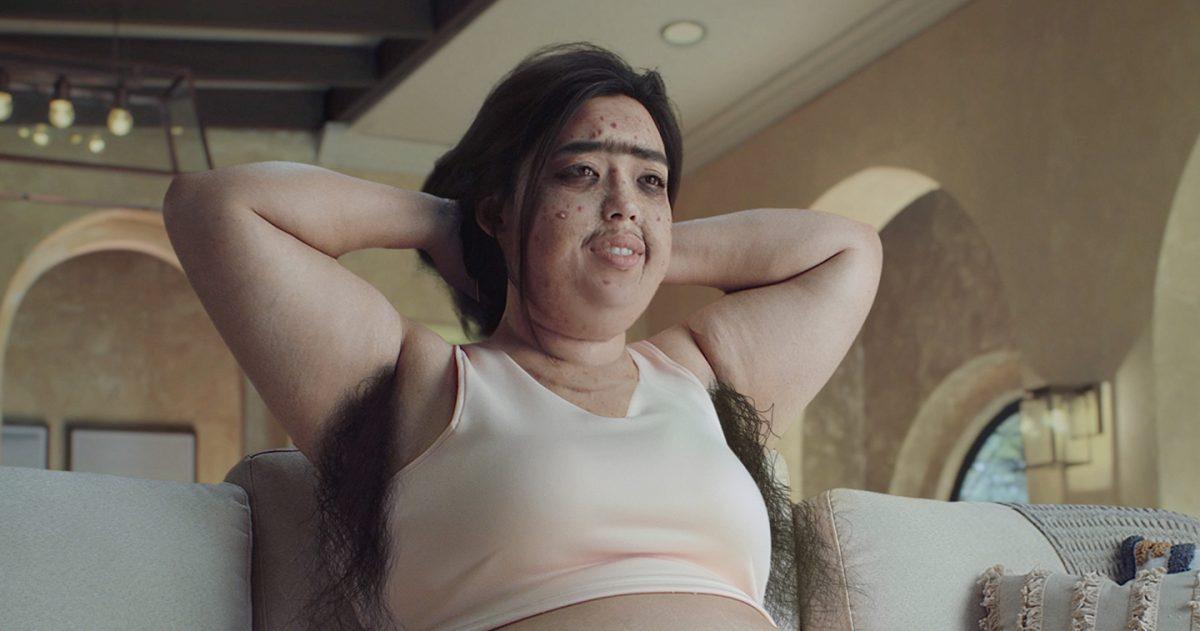
Shortly after, adobo magazine released a Campaign Spotlight on Belo’s ad, which was produced by award-winning creative agency GIGIL, which is known for its quirky and viral ads such as the RC Cola “Family” video.
Later that day, preen.ph published an article calling out the Belo ad, claiming that it is relatable but not reassuring. The piece states: “Adobo’s story on the ad calls it reassuring, but it’s anything but that. It’s shaming women, plain and simple.”
Over the course of a few hours, hundreds of people reacted to the campaign across social media platforms.
the #PandemicEffect not only affected our physical health but our mental health as well, felt like those with depression and hormonal disorders (eg. PCOS) have been mocked by this ad, which aims to capitalize on insecurities. how was this approved in the first place,?? in 2021??? https://t.co/vl3vddr8JO
— Rae (@karenrrobles) August 10, 2021
While the ad is somewhat relatable, it was ill-timed & poorly executed. With everything women are going through these days (esp. working mothers who now have to attend to both their family & career at literally the same time), the same message could've been said differently.
— Camille | Retired Fat Girl (@retiredfatgirl) August 11, 2021
You're profiting off people's insecurities in a very difficult time and frankly, insulting esp for women who have to do multiple things at home in the middle of a pandemic. It took a toll on a lot of people, the ad is tasteless & insensitive. Our priority right now is to survive!
— venice (@VenNotBen) August 10, 2021
Several commenters noted that the ad seems to aspire to go viral for the wrong reasons, such as its appeal to make its target audience feel guilt, shame, or even fear about what the pandemic has done to their bodies.
Meanwhile, others have called out the ad’s seeming misdirection—a hard steer away from the real, pressing effects the pandemic has brought upon the people.
Nina Ellaine Dizon, CEO and founder of Colourette Cosmetics, calls out the controversial ad on her Twitter platform. According to Dizon, “It’s not the pandemic. It’s society’s beauty standards and the way capitalists ride on it to exploit our insecurities. It’s the way you make it look like our fatness is a disease and your clinic can cure it away.”
Let’s talk about what’s wrong with the Belo ad.
It’s not the pandemic, Dra. It’s society’s beauty standards and the way capitalists ride on it to exploit our insecurities. It’s the way you make it look like our fatness is a disease and your clinic can cure it away. pic.twitter.com/4nvx4gujHn
— Nina Cabrera 💖 (@theninaellaine) August 10, 2021
Miss Trans Global 2020 Mela Habijan also released a statement on Instagram in response to the ad: “Contrary to the Belo ad by Gigil, hindi ka pumangit dahil sa pandemic. Gumaganda ka. Choosing to live in these rough, challenging times makes us beautiful. Kasi sa kabila nito, pinipilit nating kayanin. Pinipili nating lumaban. And this applies to all shapes, sizes, and curves!” [Contrary to the Belo ad by Gigil, you did not become ugly because of the pandemic. You are becoming beautiful. Choosing to live in these rough, challenging times makes us beautiful. Because despite all of this, we choose to persevere. We choose to fight. And this applies to all shapes, sizes, and curves!]
We also reached out to Mela to get a deeper insight on the issue, and she comments: “For me, we are in the middle of survival. Hence, what we need now more than ever are strong messages of hope that all of us can get through these challenging times. And if we try to highlight (the) physical (aspects), the primary concern is to live and be healthy.”
On the Facebook post, the Belo Medical Group states:
“We apologize about our recent Pandemic Effect film. Thank you for being gracious in letting us know your thoughts about it. We hear you. You helped us see what we failed to see, which is that the film is insensitive and upsetting. Because of this, we have taken the ad down. We commit ourselves to learning from this and to bring our learnings into the future.”
On the night of August 11, 2021, GIGIL has also released their statement of apology.
On the Facebook post, GIGIL states:
“Yesterday, the Belo Medical Group posted a film that we created which caused distress to a considerable number of people. We were insensitive. We are sorry to the people whom we hurt. GIGIL shares responsibility for the film. We will learn from this, and we will do better.”
The campaign film has been taken down across all of Belo’s social media platforms.
In these times when people are advocating for body positivity and self-acceptance, it is rather peculiar to interpret an individual’s “worst version” of themselves as someone who has gained weight and has body hair. These things are no more than normal, human features.
The definition of beauty should no longer remain singular nor should it lie within conventional standards—it should be about appreciating and accepting the diverse and unique qualities one possesses.


